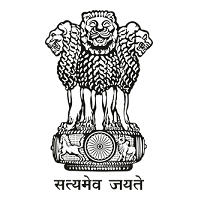| 1 | History | Wide syllabus but overlaps with GS Paper-I and essay topics. | Popular among aspirants with an interest in historical analysis. |
| 2 | Public Administration | Compact syllabus with overlap in GS Paper-II and governance topics. | Favoured for its ease of preparation and clarity in answer-writing. |
| 3 | Geography | Overlap with Prelims and GS Paper-I; visual presentation like maps boost scoring. | Strong demand among aspirants aiming for GS integration. |
| 4 | Political Science & International Relations | Overlap with GS Paper-II and relevance in essay topics. | Strongly chosen by humanities students and those with interest in international affairs. |
| 5 | Sociology | Concise syllabus; overlaps with social issues in GS Paper-I and II. | High success rates with systematic answer-writing techniques. |
| 6 | Economics | Strong demand due to GS Paper-III overlap; essential for candidates with strong analytical skills. | Helpful for candidates with an economics background. |
| 7 | Anthropology | Crisp syllabus, suitable for life science students; overlaps with GS and essay. | High scoring due to precise and diagram-based answers. |
| 8 | Psychology | Short syllabus, application-oriented, suitable for science and arts students. | Popular for providing relatable content with scoring advantages. |
| 9 | Philosophy | Shortest syllabus among all; integrates well with GS Paper-IV. | Preferred for its conceptual clarity and overlapping ethics topics. |
| 10 | Literature Subjects (e.g., Hindi, Kannada) | Specialized and subjective; allows personalization in writing style. | Frequently chosen by candidates with expertise in their native or academic language. |

